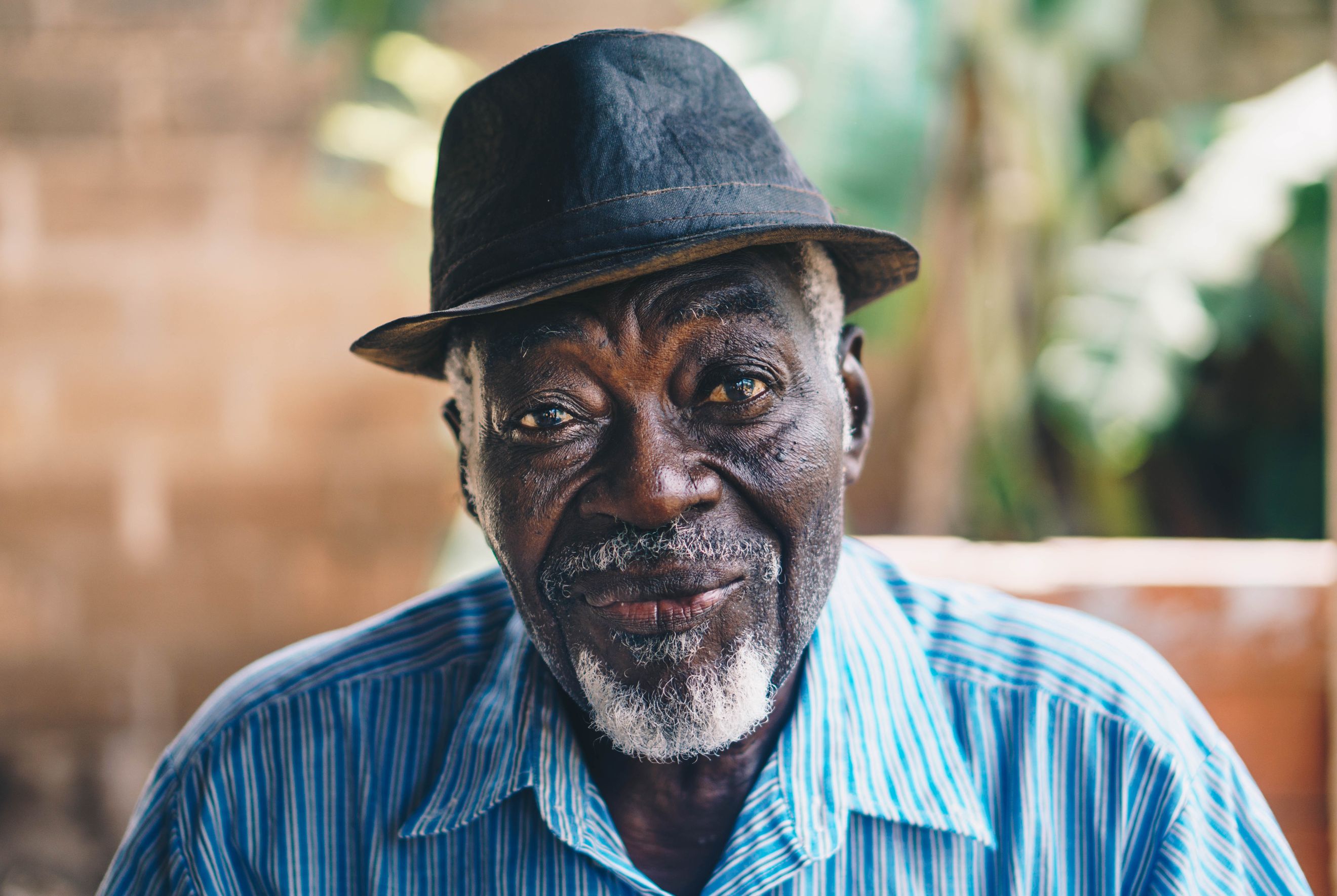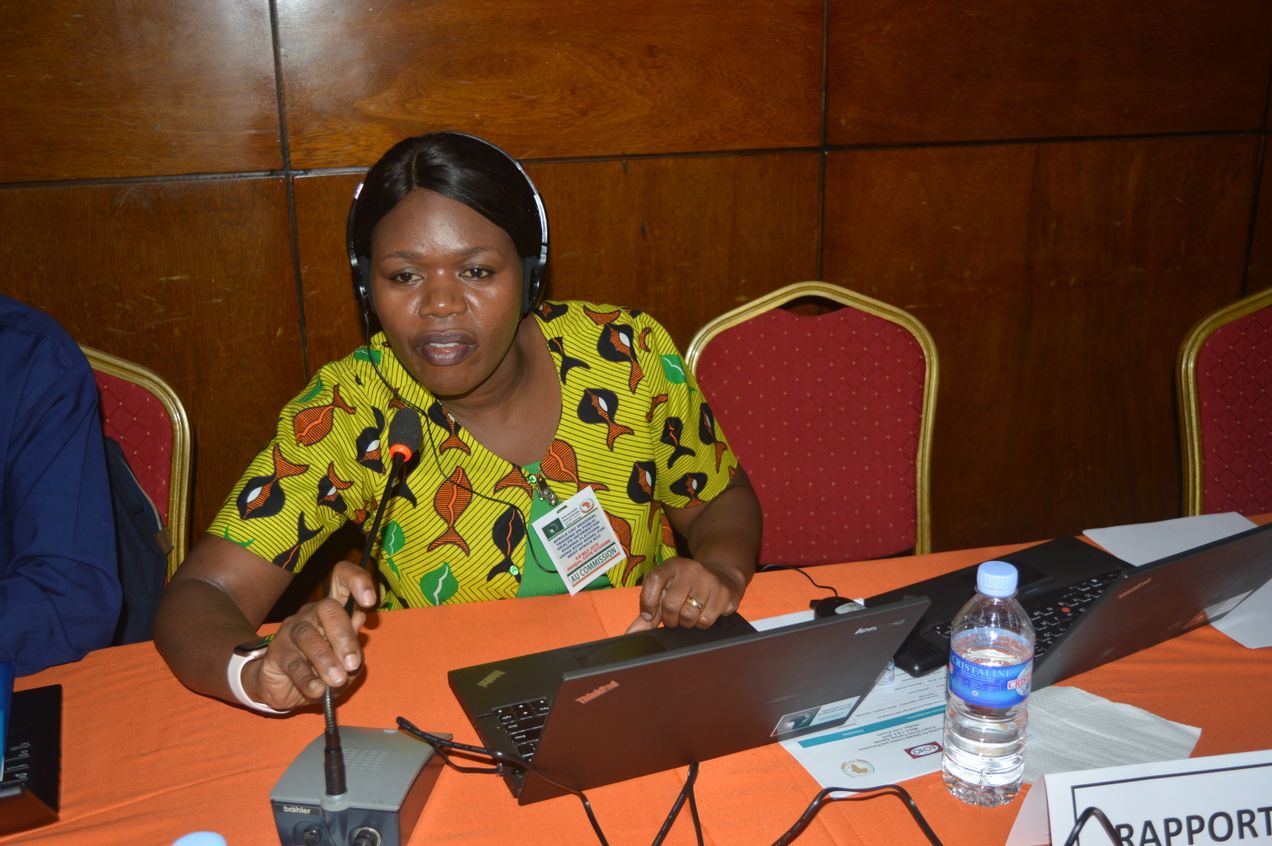
Fading.
Princess Ezeji shares an intergenerational story of bonding and appreciating simple moments with her grandfather .
A little windbreak to our stormy and stressful semester wasn't bad. I'm a very religious girl and I like to believe that all beautiful things have to be from Baba God. There had been rumours about exams and I wasn't ready, so I was glad for the respite. If only I had known that what was about to hit me was about to affect us all. If only I had known that what was supposed to be a mini-holiday, a little opportunity to chill, would morph into what felt like a prolonged incarceration.
Without warning, we were asked to vacate school. I heard that some ‘foreign’ disease had been imported into Naija and the Government didn't want to take chances. We were locked down. At the time, I didn't care to know what it was called. It wasn't my business. I’m a regular Nigerian youth and regular Nigerian youths have everything but stories about random people falling ill in China to worry about. But very quickly I was accosted by a string of emotions.
Fear. The world was coming to an end. How would we survive being locked indoors? What if our food finished?
Boredom. Nothing to do. My parents are allergic to TV. I didn’t have data for internet. Actually, there was a lot to do. Chores. New places to clean appeared every minute, but no fun stuff. It was annoying.
Anger. I was angry at everybody and everything. School, the Government, COVID-19. I picked fights with everyone, especially my mother.
Depression. It’s only natural that depression would follow. I wasn’t feeling good about the entire situation, and I was always crying. ‘Whatever that was’ was happening to me. When the Government added fourteen more days, I wondered how I was going to survive.
Then the phone call came.
The events that ensued after this phone call made me realize how selfish I had been.
Mma, my grandmother, called my mum. Mpa was ‘acting crazy’. Mpa is about eighty years old but doesn't have any of the many health challenges that come with aging. Everyone was proud of Mpa. A strong man. When signs that he was losing touch with reality began to drop, everybody said it was old age. He didn't recognize his family until he stared for some time, or unless we helped him with a little prompt about our identity.
He came to stay with us. The first two days were normal. I reminded Mpa who I was, and he was cool with me. Mpa packed his bags and stood at the door. He wanted to go home. He stared at us like we were aliens. Reminding him who we were didn't help, as he didn't believe us. Perhaps he felt like we had kidnapped him and were holding him hostage. He kept calling my mum and dad Oga and Madam.
'Oga make I go to my house. Madam, allow me to go.'
It was both funny and distressing. He carried his bags that were obviously bigger than him, and kept opening doors in search of an escape route. When he discovered there was no way out for him, he started with the windows.
That day was the beginning of our wahala.
He would wake up some mornings and be cool grandpa. Sometimes he didn’t recognize me but would be polite. He would sit in his room for days and say nothing to anyone, save ‘thank you’s for the meals he was given. On other mornings, he would refuse food, refuse everything. He would hit his head on the wall and ask God to save him from us. Unfortunately, home was not an option. Most of the time, I was either angry with or amused by him.
The day my brother rushed in, bearing the 'Mpa is crying' news changed everything. He couldn't be consoled. The man was depressed. My Grandpa couldn't understand what was happening around him, couldn't remember his children. He was losing his mind and he knew.
Through it all, I learned one thing. Not everything was about me. My attitude changed. I tried not to get irritated when Mpa cussed or accused me of stealing his imaginary money. I took in everything, practicing compassion for him.
I wouldn't say that we bonded, but we got close enough for him to suggest that I marry ‘a good man’ he knew from his village, and what is love, except that which conquers all?

